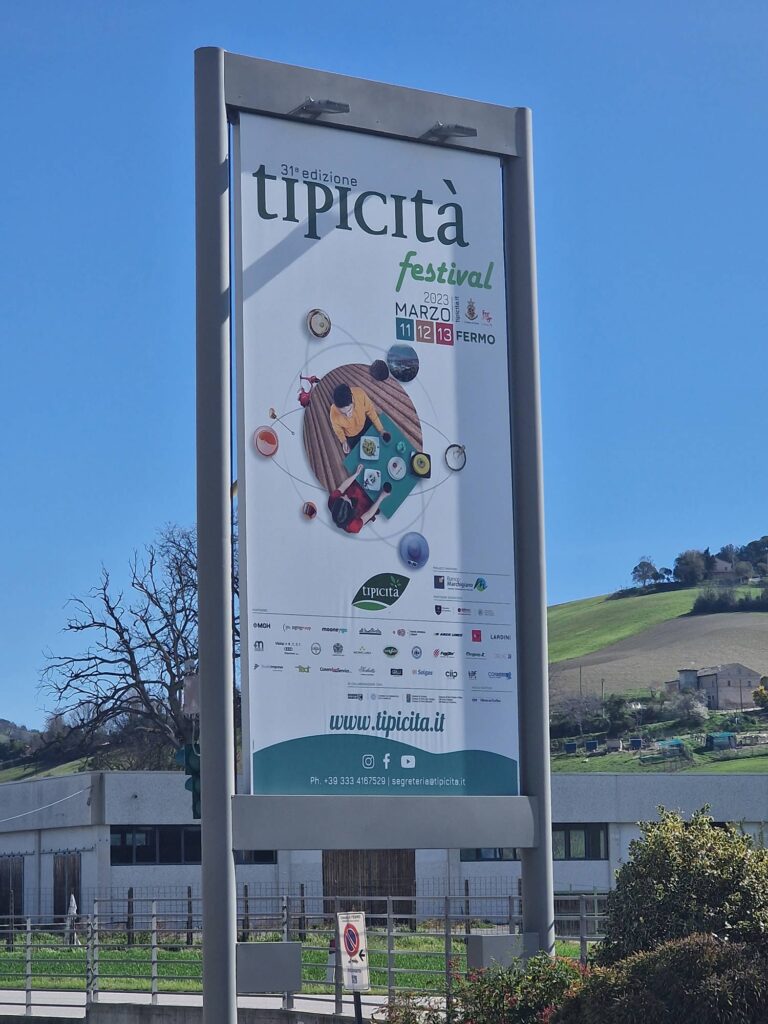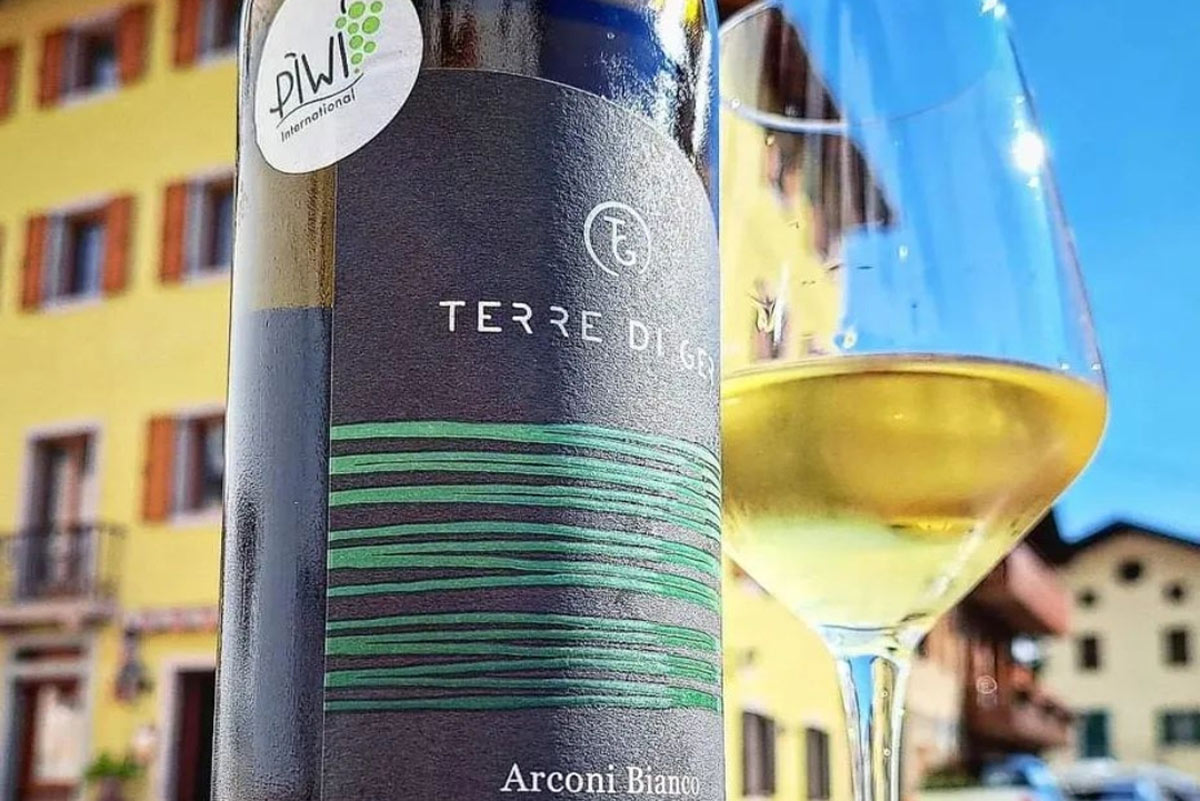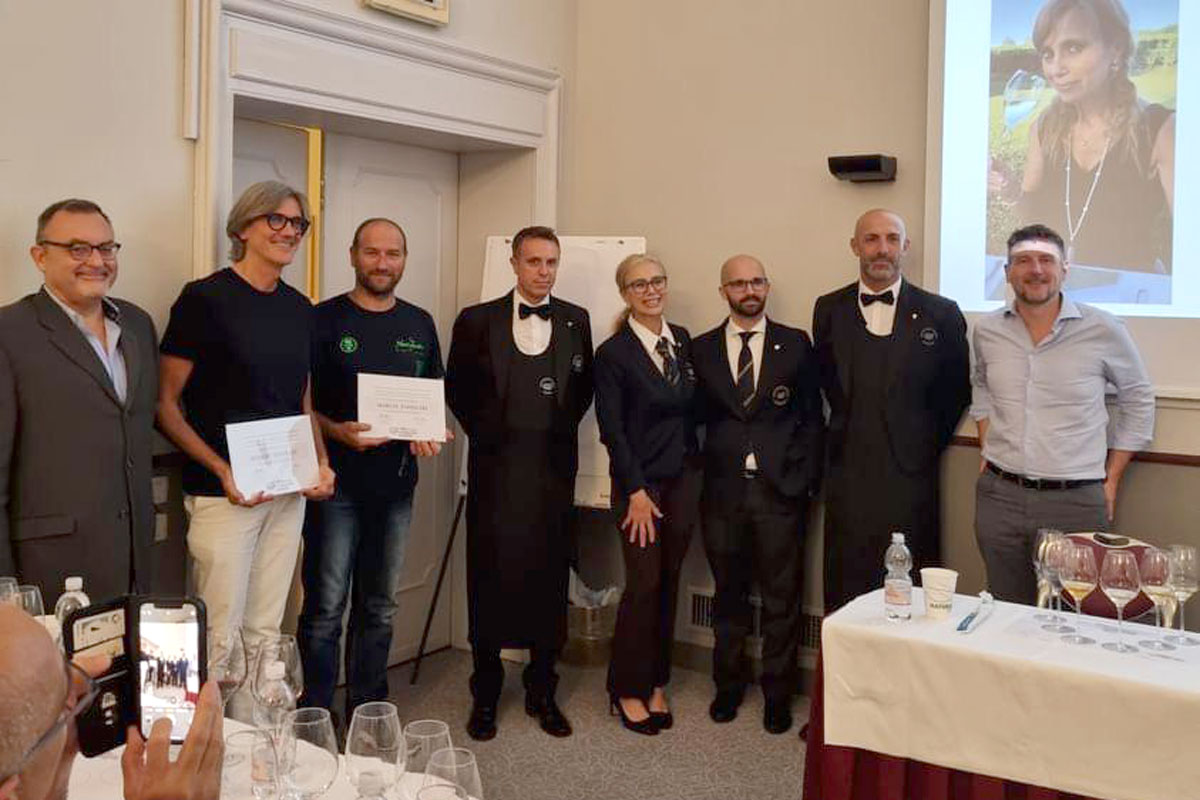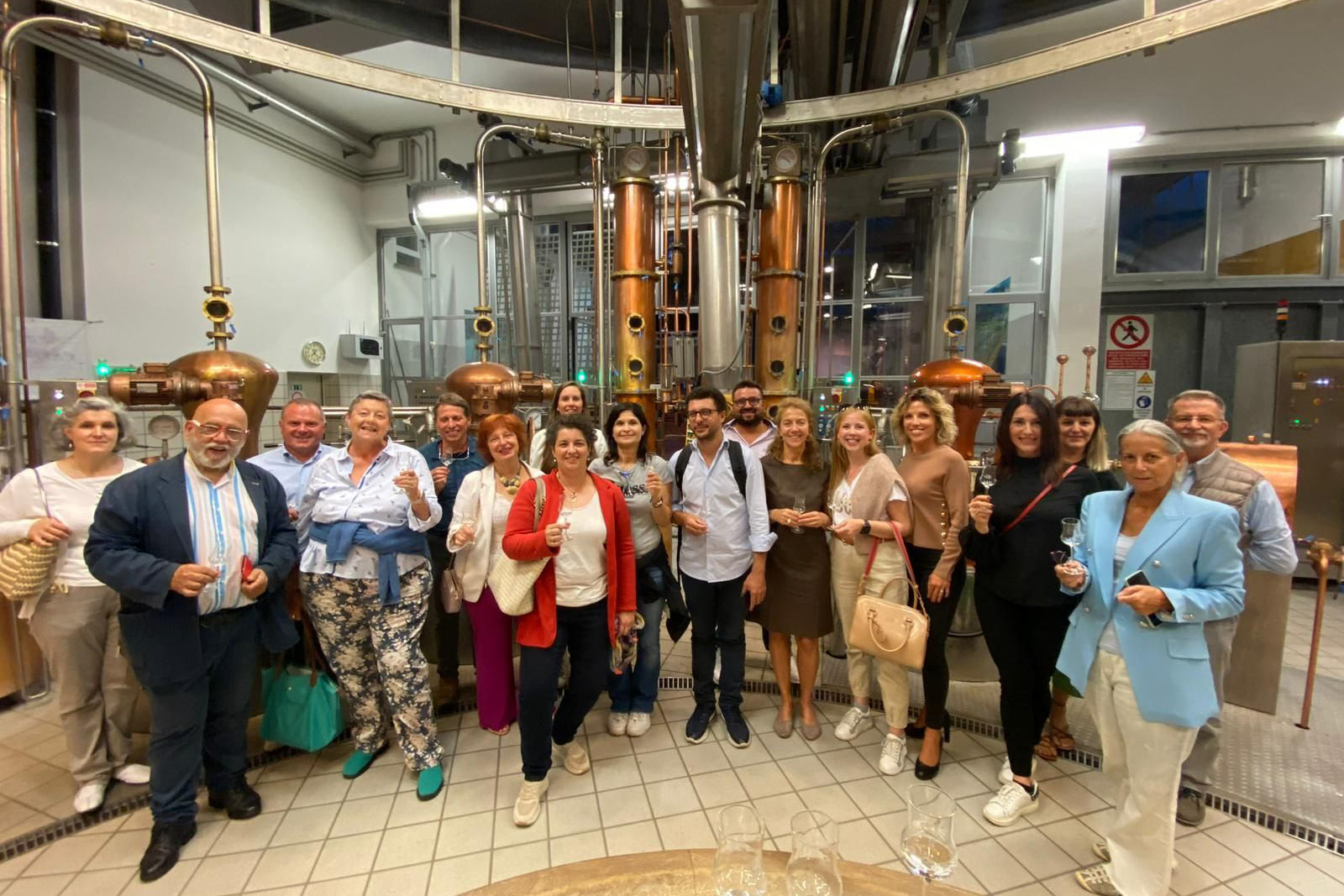
Meetings and Discussion on Wine Ethics and Sustainability
March is the month of events and wine fairs. Meetings come one after the other and every discussion is interesting enough to be followed with attention.
It is now clear that climate change and sustainability has become two aspects that need to be taken very seriously.
There aren’t many solutions available to this problem, but resistant grape varieties help us in finding the right compromise.
We prefer mantaining our winery on the path of natural breedings instead of trying TEA or OGM research, fantasizing about being able to build stronger resistance out of traditional grapevine varieties.
As wine makers, we want to emerge thanks to the wines we are able to present to the public. We are not interested in keeping bonds at all costs with a market that is afraid of change. Presenting innovations is something that teases the consumer’s curiosity and will bring great satisfaction in the long run.
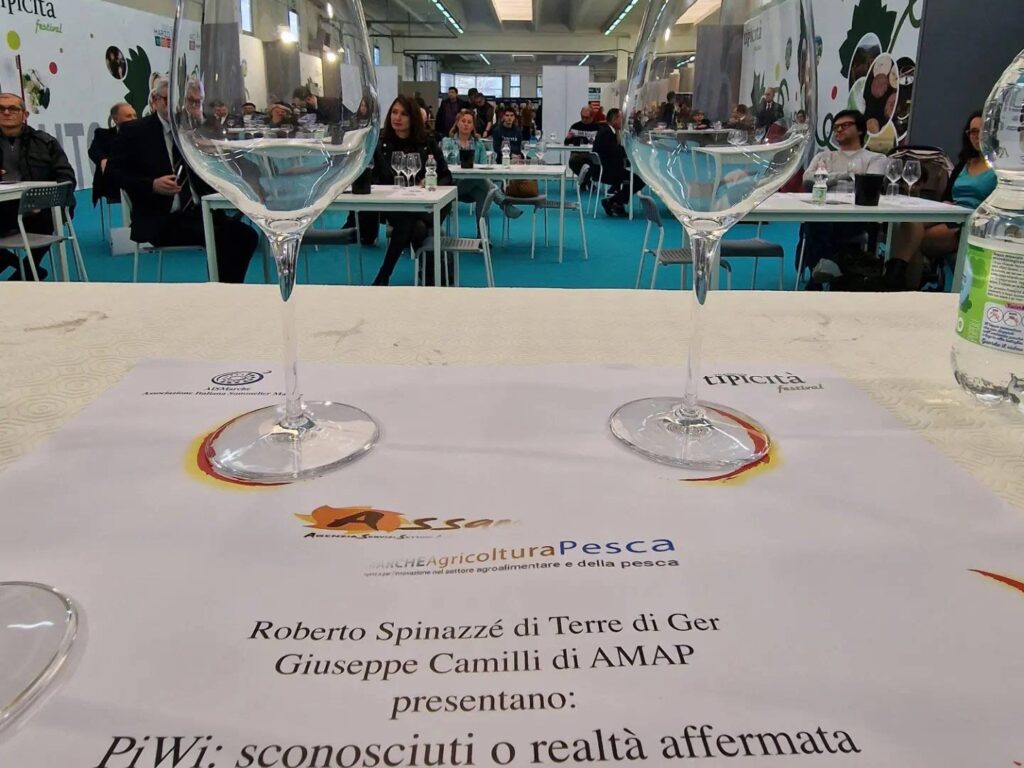
These and other issues have been discussed at the “Tipicità Marche Festival”. We have been invited to discuss whether PIWI wines are an established reality or just perfect strangers.
In the discussion panel, the technical presentation by agronomist Dr Giuseppe Camilli (AMAP Marche) has been extremely interesting. Dr Camilli grows and manages an experimental wineyard, with many resistant grapevine varieties, and has obtained authorization from Marche Region’s Agriculture Bureau for 20 more varieties that have already adapted very well to the local territory.
Dr Camilli has highlighted that these new varieties will be able to give a huge contribution to local wineries. Mr Robert Spinazze also answered to questions about these future wines, bringing our winery’s experience as an example.
6 PIWI wines by Terre di Ger were available for tasting at the event, we offered technical descriptions but also discussed marketing and communication strategies that are useful in order to bring our wines to new consumers.
The whole event has been supervised by AIS Marche and Stefano Isidori.
Dr Camilli’s research is available at this link.
